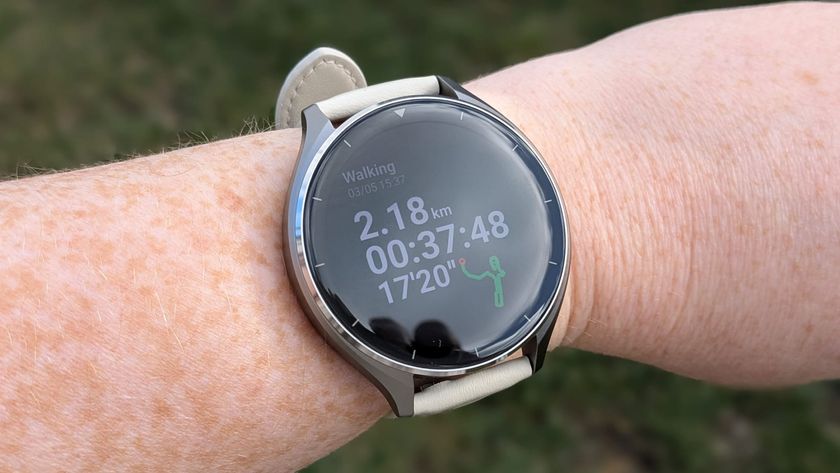Financial Decisions Made With 'Gut Feelings'
When a person feels in their gut that a financial offer if unjust, they will reject it, even if they were going to benefit from it, new research indicates.
When faced with financial offers that we deem to be unfair, our 'gut feelings' influence our decisions, overriding 'rational' thought, the researchers said. Even when we are set to benefit, our physical response can make us more likely to reject a financial proposition we consider to be unjust, but only in people who are able to sense their own gut feelings, others may just accept the benefit.
"Humans are highly attuned to unfairness and we are sometimes required to weigh up the demands of maintaining justice with preserving our own economic self-interest," study researcher Barney Dunn of the University of Exeter, said in a statement.
"At a time when ideas of fairness in the financial sector — from bankers' bonuses to changes to pension schemes — are being widely debated, it is important to recognize why some individuals rebel against perceived unfairness, whereas other people are prepared to accept the status quo," Dunn said.
The study was published today May 22, in the journal Cognitive, Affective, & Behavioural Neuroscience.
The researchers say that evidence is mounting to indicate that our bodies can sometimes govern how we think and feel, rather than the other way round. It also reveals that those people who are more in tune with their bodies are more likely to be led by their 'gut feelings'.
"This research supports the idea that what happens in our bodies can sometimes shape how we think and feel in our minds," Dunn said. "Everyday phrases like 'following your heart' and 'trusting your gut' can often, it seems, be accurate."
Sign up for the Live Science daily newsletter now
Get the world’s most fascinating discoveries delivered straight to your inbox.
The study was based on a well-known psychological test, the Ultimatum Game. Fifty-one participants were presented with a series of financial offers, based on different ways of dividing £10 (about 15 dollars). Players frequently reject unfair offers in this game even though it means giving up money that would otherwise be theirs — a decision not led by their brain, but by their heart.
The researchers measured participants' physical responses to each offer by recording how much they sweated through the fingertips and how much their heart rate changed.
How accurately participants could 'listen' to their bodies was measured on a different task by asking them to count their heartbeats and comparing their accuracy to their actual heart rate recording. Those people who showed a bigger physical response to unfair offers were more likely to reject them, but this was only the case if individuals were also able to accurately 'listen' to what their bodies were telling them.
The findings show that individuals who have a strong 'gut-reaction' and are in tune with their own physical responses are more likely to reject unfair financial offers, even if this decision results in personal losses.













